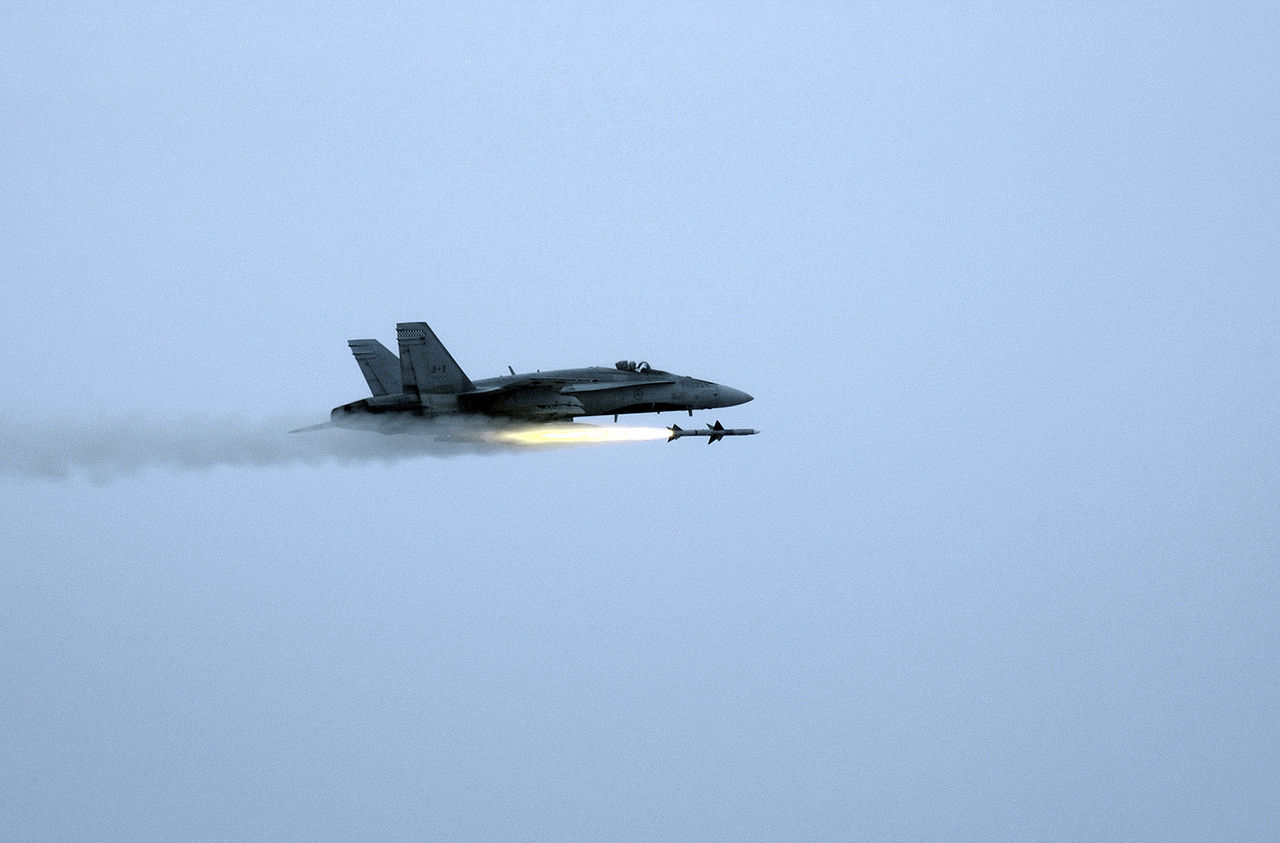After a debate in the House of Commons, the Conservative government announced that Canada will continue its war against the Islamic State (ISIS) in Iraq and extend its bombing runs into Syria until at least March 30, 2016. But Canadians should be asking whether this costly mission is right or even useful. ISIS fighters are Sunni fundamentalists attempting to impose a caliphate in territory that straddles borders in Iraq and Syria. It was a string of brutal attacks by ISIS against Christians and other minorities in Iraq in the summer of 2014 that galvanized public opinion in the West, leading to military action in the region.
Church leaders skeptical
On April 7, the Canadian Council of Churches (CCC) sent a letter to Prime Minister Stephen Harper that expressed polite skepticism about extending the military campaign. The two dozen church leaders who signed the letter represent most of this country’s mainline Protestant, Catholic and Orthodox churches, as well as some smaller denominations that include Mennonites, Quakers and The Salvation Army.
Together, they write: “Military intervention will not bring an end to the conflict without a broader internationally sanctioned strategy for achieving a sustainable peace in Iraq and Syria.” They, and we, have seen this all before. The CCC points to the U.S.-led attack on Iraq in 2003 and its “tragic consequences.”
Humanitarian and refugee assistance
The leaders call on Ottawa to strengthen its diplomatic efforts, provide more humanitarian assistance in the region and offer refugee sponsorship and resettlement in Canada. It’s a position that mirrors that taken by opposition parties in the House of Commons and by many others outside of Parliament’s walls.
For decades now, Canadian churches have been deeply involved in refugee sponsorships, but that hasn’t been a priority for the Conservative government as the brutal civil war in Syria continues, driving an estimated 10 million people from their homes and creating three million Syrian refugees, according to the United Nations.
Frustration palpable
Nor has the Canadian government shown much interest in consulting with church and other groups or co-operating with them to allow more private sponsorships to occur. The frustration of refugee-sponsoring groups is palpable, albeit muted, in the CCC letter. “Members of our parishes and congregations across Canada, as well as other organizations and volunteers, are eagerly waiting to receive Iraqi and Syrian refugees. . . . Accordingly, we urge you to consult with the Sponsorship Agreement Holders Association to discuss how to coordinate a response in Canada to the refugee crisis.”
$500 million better spent
Defence Minister Jason Kenney acknowledges that the Iraq-Syria war effort will cost Canada at least $500 million in the next year. Despite the warrior rhetoric from some of our politicians, Canada is not a robust military power. We do, however, have experience and credibility — although it has been diminished recently — in diplomacy, humanitarian assistance and the resettlement of refugees.
We would make a greater international contribution by using the $500 million to focus on efforts such as those.
This piece appeared in slightly altered form in the United Church Observer on April 9, 2015.




